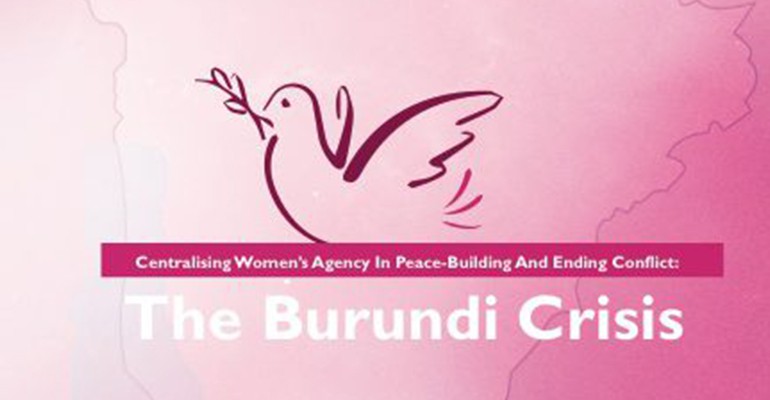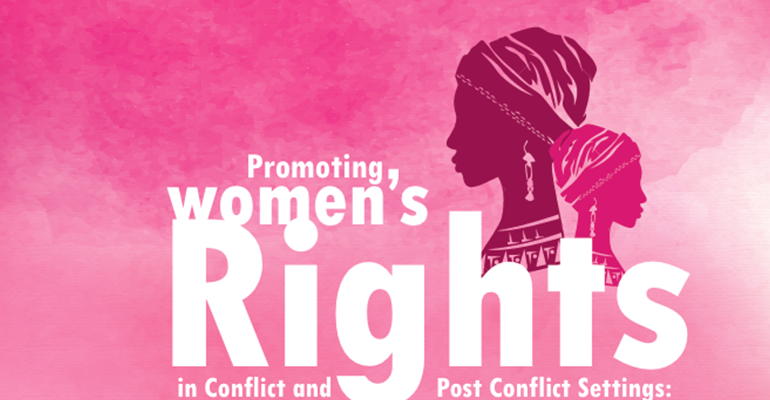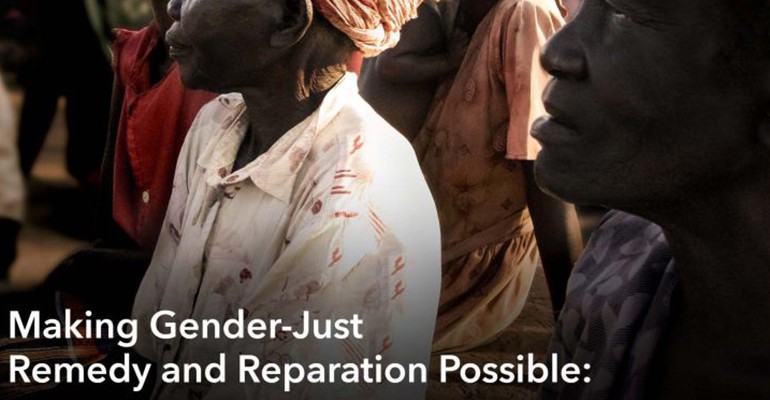Twenty fifteen marks fifteen years of UN SCR1325 on Women, Peace and Security. The resolution is a landmark international framework that addresses not only the disproportionate impact of war on women, but also the crucial role women play in conflict management, conflict resolution and sustainable peace building. As part of the activities to mark the 15 years of the resolution, Isis-WICCE in partnership with the University of Johannesburg and ICCO Alliance will conduct a cross cultural exchange visit for women from Sudan to South Africa from June 23 to 25, 2015.
The purpose of the visit is to facilitate experiential learning and practical lessons and skills on how to influence the implementation of UNSCR1325 in Sudan borrowing the rich experience from South Africa. Unlike other countries in Africa, South Africa has a unique experience which stems from the struggle against apartheid. Likewise the South African Women’s Movement is considered as one of the ‘success stories’ on the African continent in terms of the promotion of women’s representation in politics and the security sector.
On the other hand, since its independence in 1956, Sudan has been a battling with armed conflicts in different regions of the country notably South and Western regions which have caused widespread death and destruction. The humanitarian crisis in Sudan especially in the Darfur region has been described by the UN as one of the one “worst humanitarian crisis” in the world and has been directly caused by systematic and unlawful attacks on civilians by armed groups. The attacks have caused gruesome pain on men, women and children including killings, raped and displacement of millions of civilians of whom 90% are women. According to UN and UNHCR estimates, the attacks have led to the displacement of at least 1.2 million persons.
Why the Cross-Cultural Exchange as a Learning Strategy?
Cross Cultural Exchange visits are part of Isis-WICCE’s a practical, experiential learning process, which opens eyes of adult learners to lives of other communities and of new possibilities; address apathy; enhance dialogues between communities and are a source of new energy and initiatives towards social change. Exchange visits break boundaries and create a new awareness to other realities. In the past, Isis-WICCE has run 10 exchange visits to Burundi (2004), Eritrea (2005), Kenya (2003), Liberia (2005), Nepal (2011), Tanzania (2003), Somalia (2003), South Sudan (2009), Sudan (2005) and Uganda (2011), which exposed women activists and leaders to new possibilities.
This Cross Cultural-Exchange Visit will involve a number of activities and creative methodologies that are tailored to provide practical learning opportunities, best practices and they include site visits, structured discussions, min lectures and case studies analysis among others.
Given the legacy and impact of Isis-WICCE’s previous cross cultural exchange visits as catalysts for social change and a space for new possibilities, we are confident that the learning and new knowledge and skills that will be acquired by women will be translated into practical benefits in the realities of Sudan.





